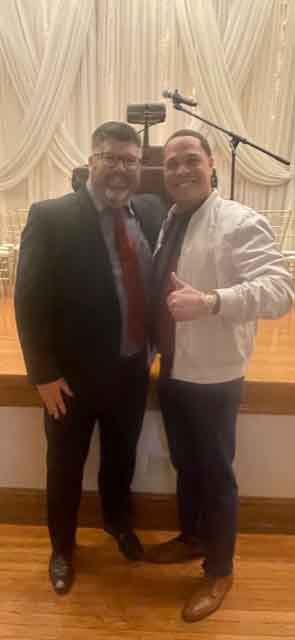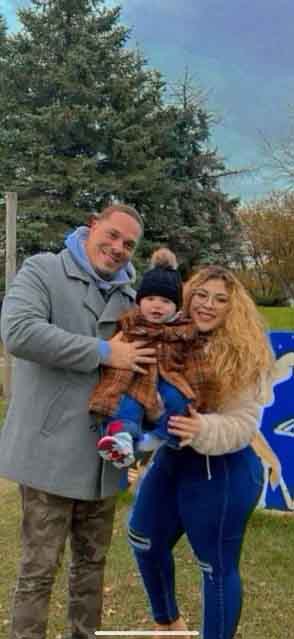Glasgow Announces 25 Participants Graduate Diversionary Courts Program
Program Alum Rudy Gonzalez Tells Graduates, “If you’ve been through this program, you have everything you need”
January 26, 2024
JOLIET – State’s Attorney James Glasgow announces that 25 people graduated from the Will County Problem Solving Courts in a January 25 ceremony at the Jacob Henry Mansion in Joliet. The graduation brings to 859 the total number of participants who have successfully completed the Will County diversionary courts program.
“Now more than ever, we are in need of programs like the Will County diversionary courts to help people tackle the root problems that have brought them into the criminal justice system,” Glasgow said. “By recognizing and addressing the underlying problems that led to their crimes, our courts help participants address their past traumas and coping behaviors while helping participants become productive members of our community.”
Thursday’s program honored 16 Drug Court graduates, from Joliet, Naperville, Shorewood, Gardner; Aurora, Plainfield, Manhattan, New Lenox, and Tinley Park; 4 Veterans Court graduates, from Lockport, New Lenox, Shorewood, and Joliet; and 5 Mental Health Court graduates, who hail from Joliet, Romeoville, Lockport, Manhattan, and Rockdale.
Adult Redeploy Illinois Court graduate Rudy Gonzalez spoke to attendees about his journey and how the diversionary courts program helped him turn his life around. Below is an excerpt from his remarks:
I want you to think about all the things you wanted that you and prayed for when you were in that cell – when you had that one-on-one with yourself and said, “this is what I want my life to be like once I get out of this place.” Those dreams, those hopes. You can do that. You can make it happen. Because of this program, here stands a guy that has made every
single one of his dreams come true. How lucky am I. How lucky are you. You know you can do it. If you’ve been through this program, you’ve got everything you need.
Gonzales currently is a product specialist for World Kia in Joliet.
Also speaking at the graduation were Problem Solving Courts Coordinator Dr. Scott DuBois, Will County Associate Judge Frederick Harvey, Will County Chief Judge Daniel Kennedy, and Illinois Supreme Court Justice Mary Kay O’Brien.
Glasgow played a significant role in establishing each of Will County’s Problem Solving Courts. In 1998, Glasgow convinced the Chief Judge to allow him to write the judicial grants in 1998 that led to the establishment of the Will County Drug Court, which convened for the first time in 2000. In addition to his leadership in initiating the Will County Drug Court, Glasgow established the Mental Health Court in 2010 along with the chief judge, filed the petition requesting the formation of the Will County Veterans Court in 2012, and wrote and obtained the grant for the Redeploy Illinois Court to steer qualifying repeat offenders away from prison and into gainful employment. Although Redeploy Illinois no longer is a separate program, it continues to provide funding for individuals to participate in the three other diversionary court programs.
Glasgow also established three transitional residence facilities to further help Problem Solving Court participants on the path to reentry into the workforce. The Miller Taylor House and Julie Ann House provide temporary housing, and the Connor Kelly Residence opened its doors in 2019 to provide longer-term transitional housing. Efforts are under way to further augment the alumni program that enhances the social support system provided by the Problem Solving Courts.
Problem Solving Courts Coordinator Dr. Scott DuBois (left) with program alumnus Rudy Gonzalez
Rudy Gonzalez with his family.


